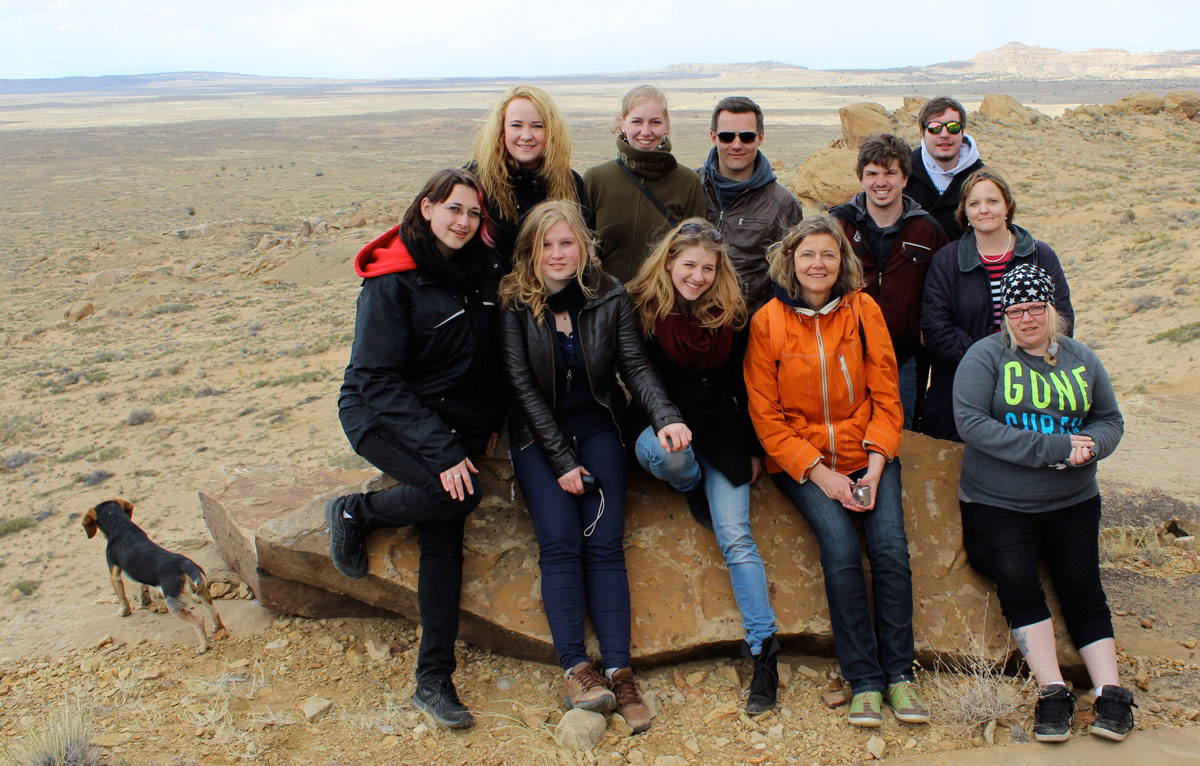Let’s face it: Generation Y – affectionately known as Gen ‘Why’ – is not exactly politically minded. This was all the more due cause to develop a project geared to ignite students’ passion for politics, in this case, solving the riddle of the U.S. Election System.
The question posed by Leuphana University Lüneburg, the State Institute for Education and Media of Berlin-Brandenburg, eXploratorium/Life, and the Amerika-zentrum Hamburg was how to garner students’ interest in the U.S. political system while simultaneously teaching contemporary U.S. culture and improving their communicative competence in English. This idea developed into a two-month project, with special emphasis on new media, such as Internet learning platforms, MOOCs, and intercultural/democratic education. Read more








